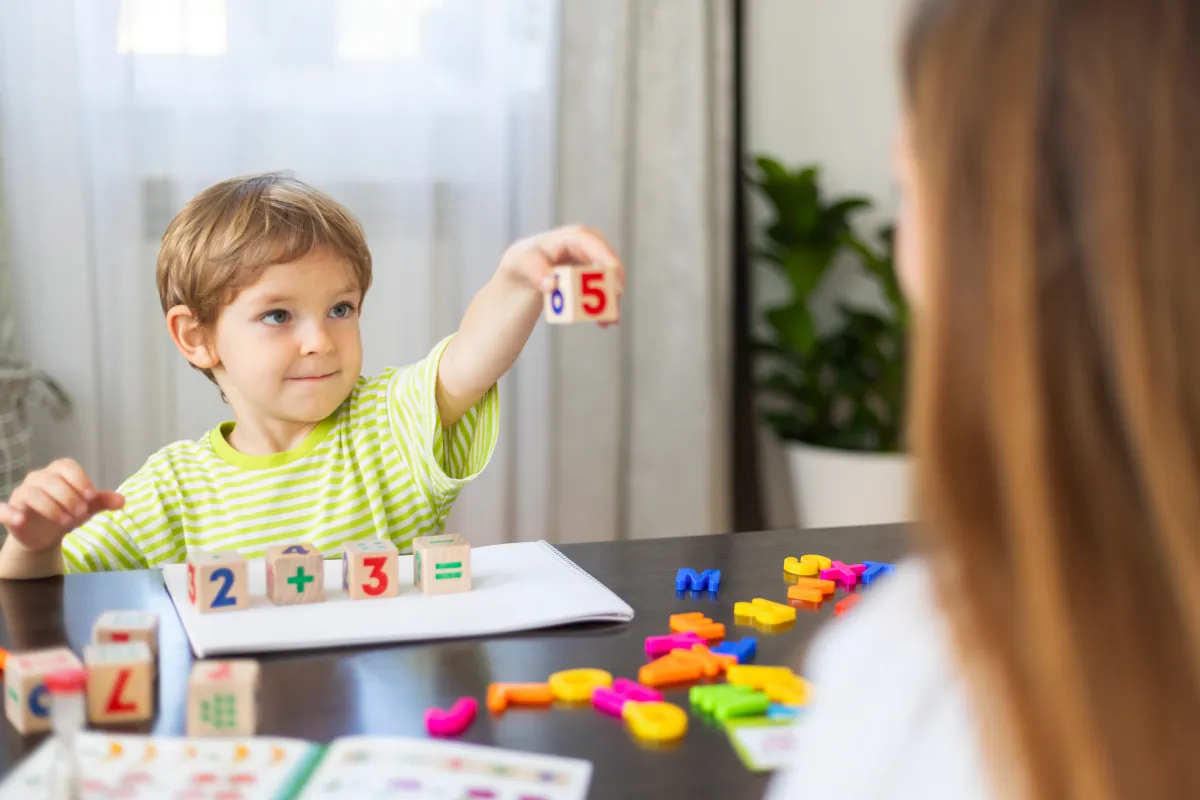
Parents often sense when their child seems to think, question, or learn differently from others their age. Some children show unusually strong curiosity, advanced reasoning, or a deep emotional awareness that sets them apart—but recognizing true giftedness can be difficult.
To help parents identify the subtle indicators that may suggest a child is gifted, Newsweek spoke with Kristin Edwards, a licensed psychologist and specialist in gifted testing. She also works closely with children and families to assess cognitive and emotional development.
What Is the Definition of ‘Gifted’?
The National Association for Gifted Children explains that the current federal definition of gifted students—originally developed in the 1972 Marland Report to Congress and later modified—is found in the Elementary and Secondary Education Act. It defines giftedness as:
“Students, children, or youth who give evidence of high achievement capability in areas such as intellectual, creative, artistic, or leadership capacity, or in specific academic fields, and who need services and activities not ordinarily provided by the school in order to fully develop those capabilities.“
Why Identifying Giftedness Early Matters
Early identification of gifted children is essential to ensure they receive the enrichment and support needed to reach their potential. Without it, many go unchallenged and disengage.
The Davidson Institute for Talent Development, a nonprofit supporting profoundly gifted youth, warns that many highly intelligent children are overlooked—leading to underachievement or even dropping out. Studies suggest up to 40 percent of gifted students may underperform.
The National Research Center on the Gifted and Talented (NRCGT) states family stress, low expectations, and social pressure can suppress motivation, while unchallenging schoolwork often leaves gifted learners bored and discouraged. Without recognition or support, their confidence fades and achievement declines.
7 Signs Your Child Is Gifted
Edwards, the founder of Tampa Pediatric Psychology, has shared the following signs to help parents identify a gifted child:
- An Extreme Need for Mental Stimulation
- Children who are gifted often crave mental challenges and may quickly lose interest in activities that feel too “easy.” Edwards told Newsweek these children can appear restless or easily bored when their minds aren’t sufficiently engaged.
- The Ability to Learn and Process Information Quickly
- Deep Curiosity
- A hallmark of giftedness is a child’s relentless curiosity. Edwards noted that these children “often seek to understand how the world works on a deeper level,” frequently asking thought-provoking “why” and “how” questions that reflect a genuine desire to learn.
- Strong Comprehension and Problem-Solving Skills
- Gifted children not only excel academically but also demonstrate exceptional comprehension and analytical thinking. Edwards told Newsweek: “Their vocabulary and problem-solving skills often far exceed those of their grade-level peers.”
- Deeply Felt Emotions or Sensitivities
- Emotional intensity is another common trait. Edwards said gifted children “are often surprisingly more emotional compared to others their age,” showing “more emotional depth, sensitivity, insight, and awareness,” than their same-age peers.
- Creative or Imaginative Problem Solving
- Gifted kids often find unconventional solutions and think “outside the box.” Edwards explained that they demonstrate “imaginative or innovative problem solving and ideas,” often in ways that surprise adults.
- A Quirky or Mature Personality
- Finally, many gifted children have what adults describe as an “old soul.” Their quick wit, abstract thinking, or advanced conversational skills may set them apart from peers.
Spotting the signs of giftedness early can make a lasting difference in a child’s life. These traits often emerge subtly and may even be mistaken for restlessness, sensitivity, or quirkiness.
By understanding these indicators, parents and educators can ensure gifted children are both challenged and supported. As Edwards emphasizes, recognizing their unique abilities early on allows them to thrive—not just academically, but emotionally and socially as well.
